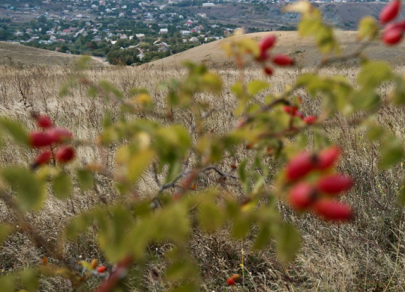FX.co ★ 9 ordinary items prohibited for import and export
9 ordinary items prohibited for import and export
Fake Swiss Watches, Switzerland
A copy of Swiss watches wherever it has been purchased will be confiscated at Swiss customs control. If an individual has more than one item he/she will be arrested for further investigation. Interestingly, no additional monetary and other sanctions are imposed.
This ban has entered into force since 2008. Thereby, the Swiss authorities help manufacturers to better track counterfeits and fight against the dominance of low-quality products that are marked with logos of famous brands.
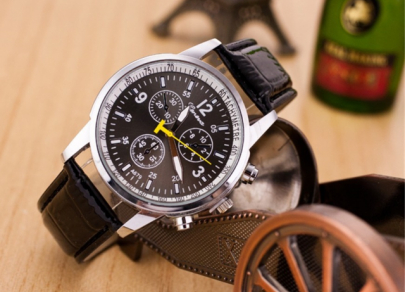
Plastic Bags, Kenya
The Kenyan authorities have recently imposed the world’s toughest law aimed at reducing plastic pollution. They were worried about the local environment that was suffering from an enormous amount of plastics bags left by numerous tourists. In 2017, the law prohibiting the import, use, and production of plastic bags came into effect.
Sanctions applied to manufacturers and suppliers of the bags. If someone breaches the law, they will pay a fine of $19K to $38k or spend four years in prison. However, anyone who has a plastic bag can be detained, especially those who will carry polyethylene to the country’s national parks.
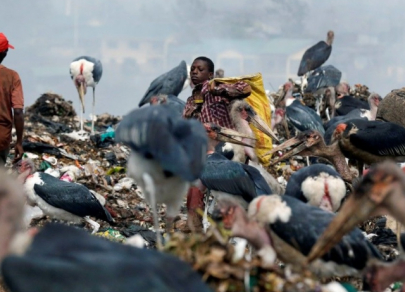
Fish Sauce, Vietnam
While leaving Vietnam, it is forbidden to take out a delicious fish sauce, one of the most famous and tasty seasonings in the world.
Notably, there is no official ban. Nevertheless, if you have a fish sauce in your bag, you will not be allowed even on domestic flights. This is due to the fact that this sauce has a very pungent smell that is almost impossible to get rid of. Therefore, many air companies do not want to take the risk.
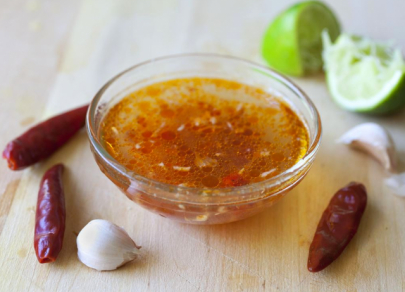
Coffee, Jamaica
Coffee is Jamaica's national pride. Thus, it is prohibited from importing. The best varieties of this unique drink, including Blue Mountain are often confiscated during the customs inspection.
Those who try to export coffee into the territory of the country will also face a large fine.
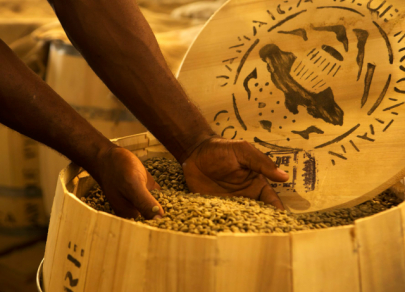
Mobile Phones, North Korea
North Korea exercises total control over almost all aspects of life. So, when you go there, you need to declare all mobile phones, GPS devices, and other gadgets. Moreover, tourists who bought a tour package through the travel agency are allowed to move only with a guide, carefully bypassing all the places where foreigners should not be.
Those who dare to ignore the prohibitions are subject to deportation. For repeated violations, a tourist may be blacklisted that is a lifetime ban on visiting the country.
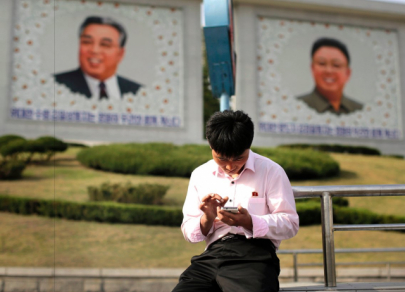
Chewing Gum, Singapore
Singapore is one of the most economically and technologically advanced countries in the world where cleanliness and order are a high priority.
The local customs strictly prohibit the import of chewing gum. In 1922, this item caused a serious failure of the transport system.
Now for the attempt to import the chewing gum (unless it is nicotine) across the border, a fine of 100,000 Singapore dollars will be imposed on a violator. If a tourist throw (spit) the gum on the street, he/she will have to pay a bit less. Such measures have helped the state to completely get rid of gum stains in public places.
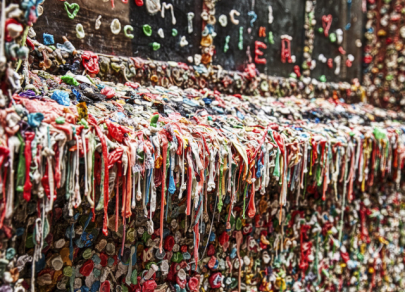
Carbonated Beverages and Mosquito Nets, Nigeria
Tourists will be surprised with restrictions in Nigeria. When passing through Nigerian customs they will have to take out of their luggage a lot of quite harmless things such as paracetamol, fruit juice, empty invoices, mosquito nets, toothpaste, and carbonated beverages.
Otherwise, you will be treated as a smuggler facing a large fine or going to prison for up to 6 weeks.
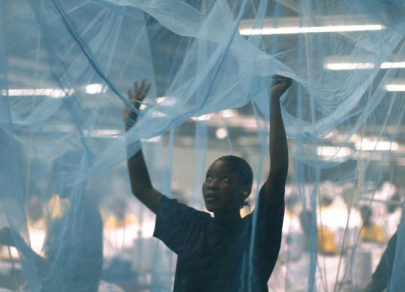
Soil and Sand, Australia
Australia has many endemic species of animals and plants. In order to preserve this unique biodiversity, local authorities have banned the import of soil and sand as well as most products of animal and vegetable origin.
At the customs control post, passengers must report what food, medicines, and sports equipment they are carrying. Violators of strict sanitary rules will face a fine of 250 to 1800 Australian dollars, a trial with a penalty of up to 66,000 Australian dollars or spend ten years in prison.
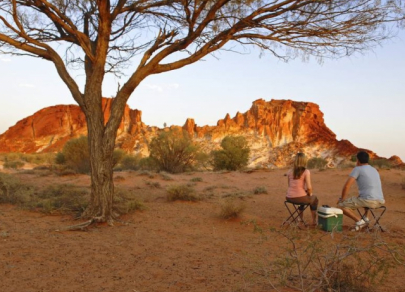
Rose Hip, Finland
The problem with Rose Hip in Finland is similar to Russia's struggle with cow-parsnip. The Finland authorities not only banned the import and sale of Rose Hip (Rosa rugosa) but also encouraged the eradication of the bushes of this harmful plant in gardens, parks, and beaches. Special equipment is used to wipe out large plantations.
As the website of the Ministry of Agriculture and Forestry states, the ban came into force on June 1, 2019, with a transition period of three years.
